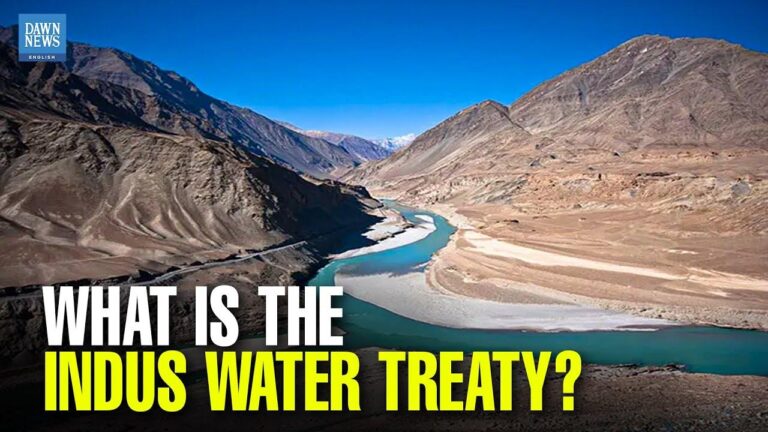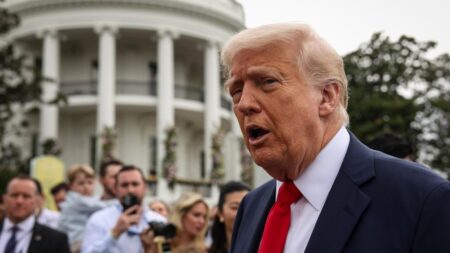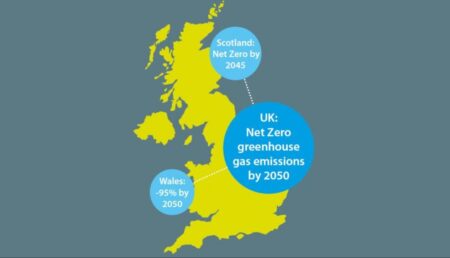Exploring the Indus Waters Treaty: A Historical Agreement between India and Pakistan
In a landscape characterized by geopolitical strife and persistent conflicts, the Indus waters Treaty emerges as a notable instance of collaborative water resource management between two of South Asia’s largest nations, India and Pakistan. Formulated in 1960 with the assistance of the World Bank, this pivotal agreement was designed to establish guidelines for sharing and utilizing the Indus River system—a vital resource for millions across both countries.As issues like water scarcity and climate change heighten existing tensions, this treaty remains an essential yet often contentious subject. This article examines the treaty’s inception, its key provisions, and contemporary challenges it encounters while highlighting its ongoing impact on Indo-Pakistani relations in today’s world.
Exploring the Indus Waters Treaty: Historical Background and Modern Relevance
The Indus Waters Treaty is a groundbreaking agreement that delineates river water allocations between India and Pakistan. It arose in response to the partition of British India, which necessitated a redistribution of historically shared water resources. The treaty encompasses several critical elements:
- River Allocation: The accord assigns control over the Beas, Ravi, and Sutlej rivers to India while granting Pakistan rights over the Indus, Chenab, and Jhelum rivers.
- Dispute Resolution Framework: It incorporates mechanisms aimed at resolving conflicts amicably to promote diplomatic engagement.
- Sustainable Water Management: The treaty seeks to ensure that both nations can manage their respective water resources effectively over time.
The importance of this treaty has grown recently due to factors such as climate change impacts, increasing populations, and rising geopolitical tensions within south Asia. Balancing equitable water rights with environmental sustainability presents ongoing challenges today. Current implications include:
- Hydropower Initiatives: India’s ambitions for hydroelectric projects on Western rivers raise alarms in Pakistan regarding potential violations of shared agreements.
- Diplomatic Strains: Occasional disputes underscore broader geopolitical dynamics as dwindling water supplies become increasingly central to bilateral relations.
- Evolving Climate conditions: Changes such as glacier melt-off and altered rainfall patterns jeopardize available freshwater resources—highlighting an urgent need for cooperation beyond traditional frameworks.
Examining Dispute Resolution Mechanisms within the Indus Waters Treaty
the 1960 agreement established protocols for managing disputes related to allocation within India’s extensive river system. While it has generally succeeded in facilitating peaceful coexistence regarding shared waters; disagreements have surfaced concerning various interpretations or applications of its stipulations. The dispute resolution methods outlined include bilateral discussions alongside formal processes involving neutral experts or international arbitration bodies aimed at addressing grievances arising from alleged violations or differing interpretations.
The effectiveness of these mechanisms has faced scrutiny due primarily to several complicating factors including:
- Tense Political Climate: Ongoing political discord can hinder constructive negotiations between both nations.
- Inefficiencies in Implementation: Delays related to practical enforcement may exacerbate existing tensions surrounding compliance with treaty terms.
- Lack of Mutual Trust:This historical backdrop may impede cooperative efforts necessary for effective conflict resolution strategies moving forward.
A comparative review reveals notable disputes along with their resolutions which emphasize areas needing improvement within current frameworks; see below table summarizing key incidents :
| Year | Type Of Dispute | Resolution Outcome |
|---|---|---|
| 2017 | Dam Construction By India | Negotiations Without Formal Resolution |
| 2016 | Allegations Of Water Diversion | Engagement With Neutral Expert For Mediation |
| 2010 | ID Claims Regarding Illegal Extraction Of Water |




